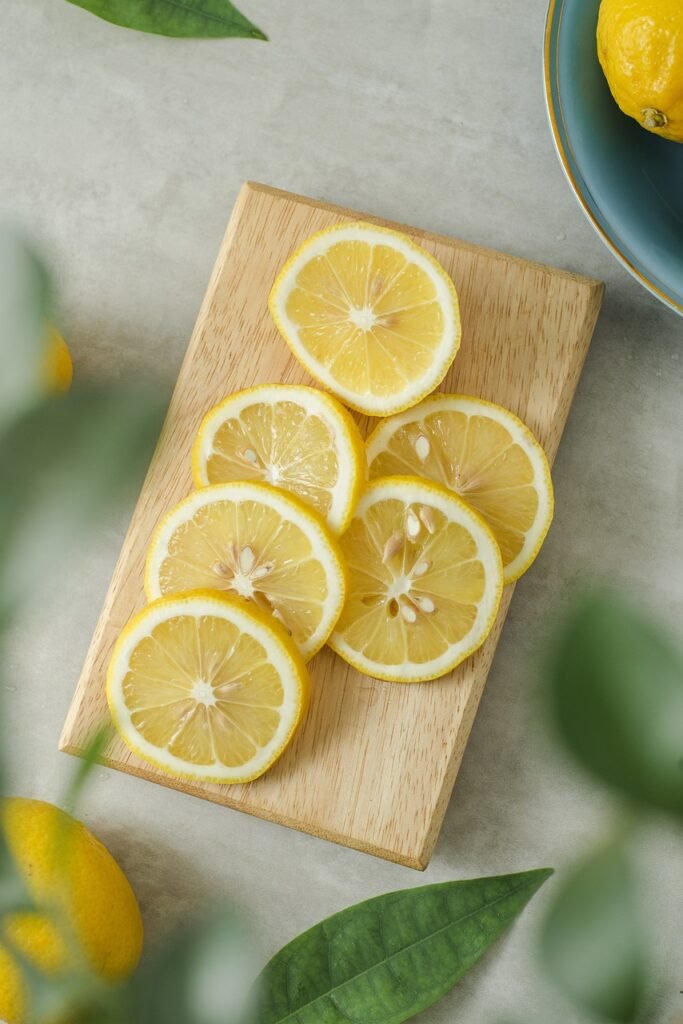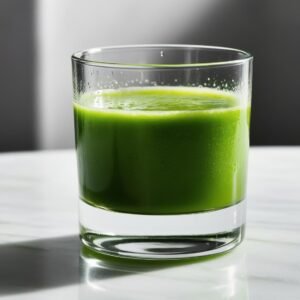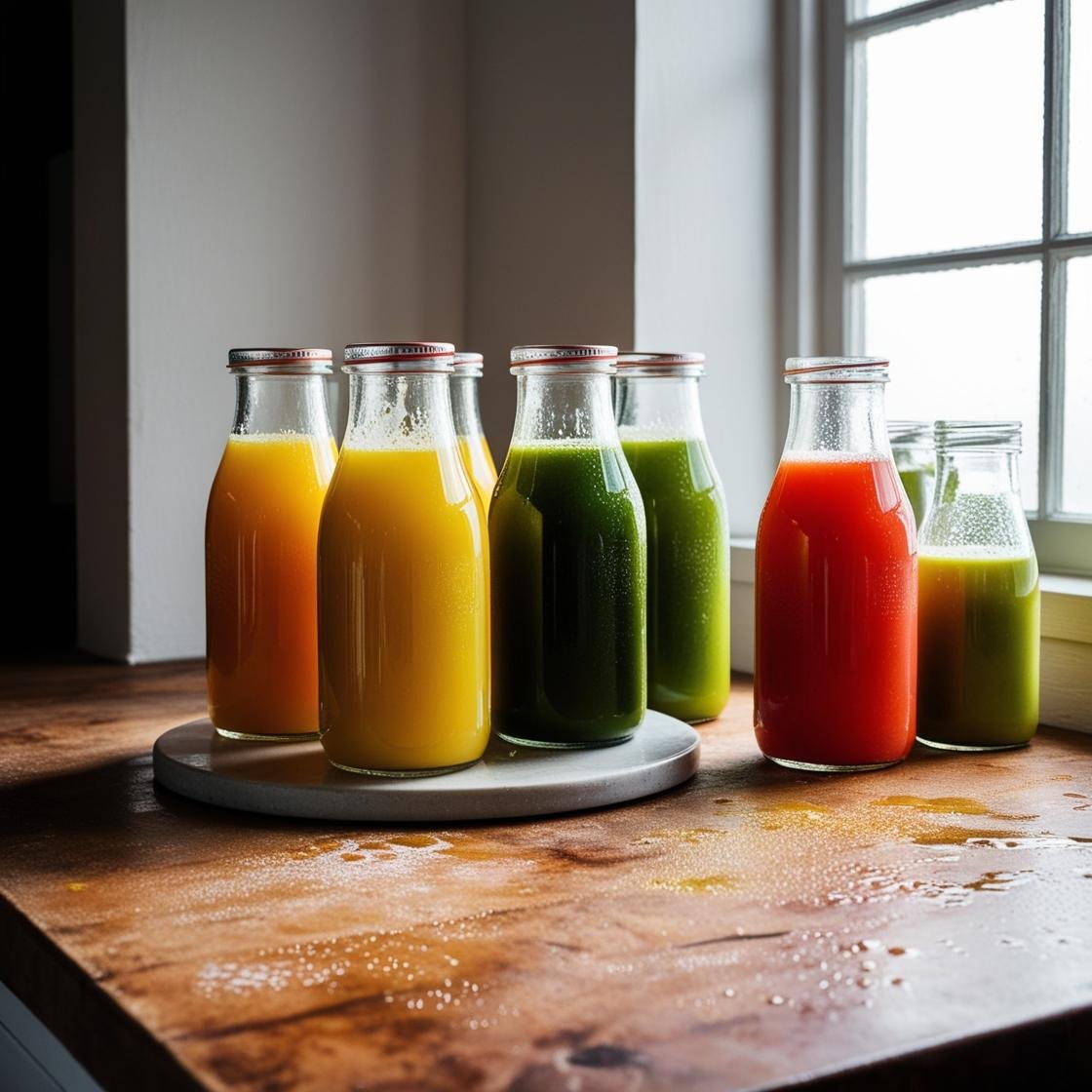How Long Does Fresh Juice Last From A Juicer?
Introduction
If you own a juicer or are considering getting one, you may be wondering how long fresh juice lasts once it has been made. This article will provide you with all the information you need to know about the shelf life of fresh juice made from a juicer.
Factors Affecting the Shelf Life of Fresh Juice
Several factors can influence how long fresh juice from a juicer will last. These factors include the type of juicer you use, the fruits and vegetables used, the storage conditions, any addition of preservatives, and best hygienic practices.

Type of Juicer
The type of juicer you use can impact how long your fresh juice will last. Centrifugal juicers tend to produce juice that oxidizes quickly, leading to a shorter shelf life. On the other hand, masticating juicers extract juice more slowly, resulting in less oxidation and a longer shelf life for the juice.
Fruits and Vegetables Used
The fruits and vegetables you use to make your juice can also affect how long it will last. Citrus fruits, for example, have a shorter shelf life compared to hardier fruits like apples or carrots. Leafy greens, when juiced, have a shorter shelf life due to their delicate nature.

Storage Conditions
Proper storage is crucial in extending the shelf life of fresh juice. Store your juice in an airtight container to prevent oxidation. Keep it refrigerated at all times to slow down the deterioration process. Make sure the container is made of glass or opaque plastic to prevent exposure to light, which can degrade the nutrients in the juice.
Additives and Preservatives
Preservatives can be added to fresh juice which will help extend its shelf life. However, I feel that defeats the purpose of enjoying freshly squeezed or pressed juices a little. I prefer to focus on consuming the juice within a reasonable timeframe. For me, the fresher the taste the better!
Shelf Life of Fresh Juice
Without any preservatives or additives, fresh juice from a juicer can generally last for up to 24-48 hours in the refrigerator. The exact shelf life will depend on the factors mentioned earlier – type of juicer, fruits and vegetables used, and storage conditions.

Hygienic Practices
Signs That Fresh Juice Has Gone Bad
It’s essential to know when fresh juice has gone bad to avoid consuming spoiled juice. Some signs that your fresh juice has started to deteriorate include changes in color, separation of layers, an off smell, or a sour taste. If you notice any of these signs, it’s best to discard the juice.

Ways to Extend the Shelf Life of Fresh Juice
If you want to extend the shelf life of your fresh juice beyond 24-48 hours, there are a few things you can do. One option is to invest in a cold-press juicer, which produces juice with minimal oxidation, resulting in a longer shelf life. Another method is to freeze the juice in ice cube trays and thaw only what you need.
FAQ
How can I tell if my fresh juice has gone bad?
If your fresh juice has changed color, separated into layers, developed an off smell, or tastes sour, it has likely gone bad and should be discarded.
Can I freeze fresh juice to extend its shelf life?
Yes, you can freeze fresh juice to extend its shelf life. Pour the juice into ice cube trays, freeze, and then transfer the frozen cubes to a freezer-safe bag for storage.
Is bottled juice as healthy as fresh juice from a juicer?
Bottled juice may contain preservatives and added sugars, making it less healthy than fresh juice from a juicer. Fresh juice retains more of its natural nutrients and enzymes.
Conclusion
Fresh juice made from a juicer can be a delicious and nutritious addition to your diet. By understanding the factors that influence its shelf life and how to properly store it, you can enjoy your juice for longer. Remember to consume your fresh juice within 24-48 hours for the best flavor and nutritional value.


